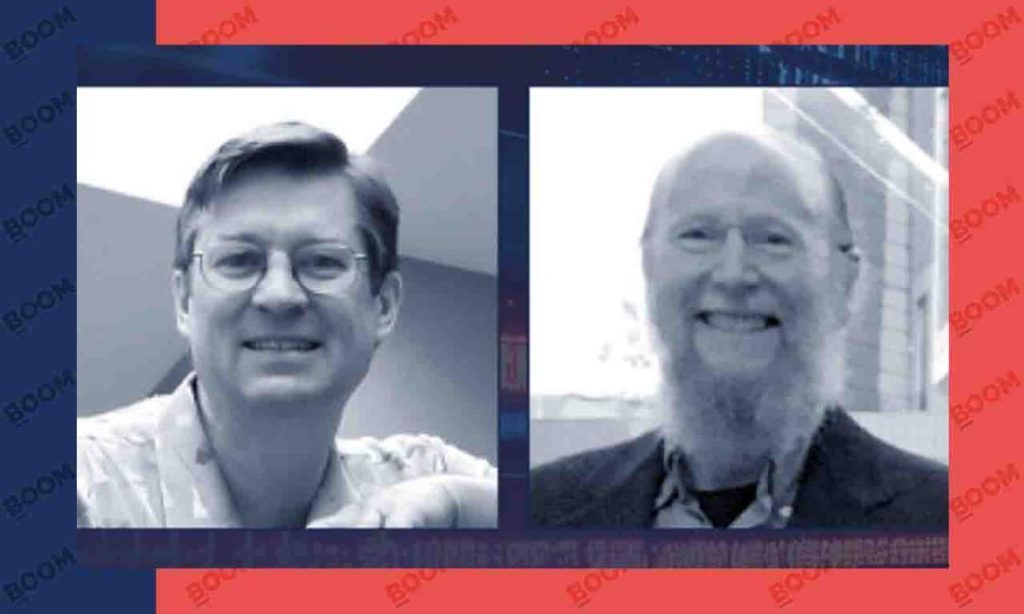
Barto & Sutton win 2024 Turing Award for AI breakthroughs
The 2024 Turing Award, often referred to as the “Nobel Prize of computing,” has been bestowed upon two pioneers in the field of artificial intelligence (AI) – Andrew Barto and Richard Sutton. The esteemed award recognizes their decades-long contributions to machine learning and AI, specifically their groundbreaking work on reinforcement learning.
Reinforcement learning is a key technique in AI that enables machines to learn from rewards, rather than just following pre-programmed instructions. This approach has revolutionized the development of intelligent systems, enabling them to adapt to new situations, learn from their mistakes, and make decisions based on feedback.
Barto, a professor emeritus at the University of Massachusetts Amherst, and Sutton, a professor at the University of Alberta, have spent their careers pushing the boundaries of what is possible with reinforcement learning. Their work on temporal difference learning, a key component of reinforcement learning, has had a profound impact on the development of modern AI.
The Turing Award, presented annually by the Association for Computing Machinery (ACM), is one of the most prestigious honors in the field of computer science. The award is given to individuals who have made lasting impacts on the field through their work, and the 2024 award is a testament to the significant contributions made by Barto and Sutton.
In a statement, the ACM said, “Andrew Barto and Richard Sutton have made fundamental contributions to the field of reinforcement learning, which has had a profound impact on the development of artificial intelligence. Their work on temporal difference learning has enabled machines to learn from rewards, and their research has paved the way for the development of many AI applications, from robotics to finance.”
Barto and Sutton’s work on reinforcement learning began in the 1980s, when they were both researchers at the University of Massachusetts Amherst. At the time, the field of AI was still in its infancy, and researchers were struggling to develop machines that could learn and adapt to new situations.
In the early 1990s, Barto and Sutton developed the temporal difference learning algorithm, which enabled machines to learn from rewards by updating their understanding of the world based on the feedback they received. This approach was a major breakthrough, as it allowed machines to learn from their mistakes and adapt to new situations in a more effective way.
Since then, Barto and Sutton’s work has had a profound impact on the development of AI. Their research has been applied in a wide range of fields, from robotics and finance to healthcare and education. Their work has also been recognized with numerous awards and honors, including the 2024 Turing Award.
In a statement, Barto said, “I am thrilled to receive this award, and I am grateful to have had the opportunity to work with Richard Sutton on so many projects over the years. Our research has had a profound impact on the field of AI, and I am excited to see the continued advancements that will be made in the coming years.”
Sutton added, “This award is a testament to the hard work and dedication of our team, and we are grateful to have had the opportunity to contribute to the development of AI. We are excited to see the continued growth and innovation in the field, and we are proud to have played a role in shaping its future.”
The 2024 Turing Award is the latest in a long line of honors and awards that Barto and Sutton have received for their work. Their research has been recognized with numerous awards, including the National Science Foundation’s Alan T. Waterman Award and the Association for the Advancement of Artificial Intelligence’s (AAAI) Computer Science and Engineering Award.
In conclusion, the 2024 Turing Award is a well-deserved recognition of the significant contributions made by Andrew Barto and Richard Sutton to the field of artificial intelligence. Their work on reinforcement learning has had a profound impact on the development of modern AI, and their research has paved the way for the development of many AI applications.






